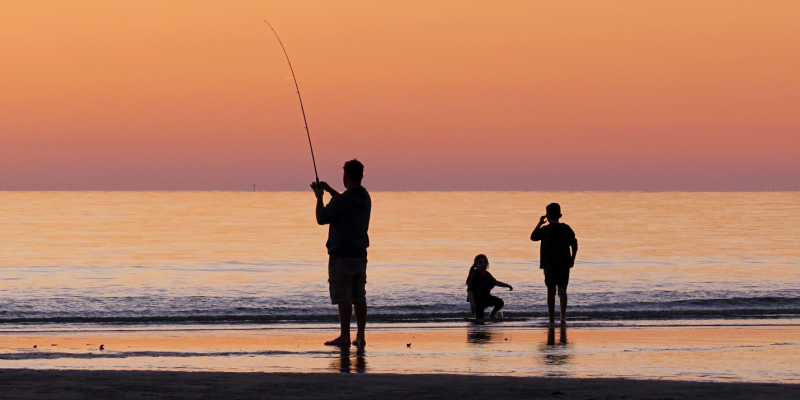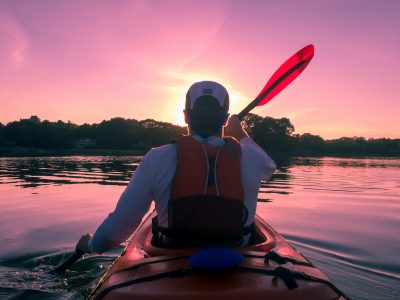Fishing is a popular pastime and a license is usually required to fish in most public state fresh or saltwater bodies of water. But a fishing license does more than helping you avoid paying fines, it helps fund anglers’ educational programs to promote sustainable fishing practices.
To avoid paying fines, it’s critical to be familiar with the types of fishing licenses and permits needed for the areas you are planning to fish. It is equally important to know the regulations and rules that apply to open and closed season and bag and sizes limits for the species you are fishing for in each state.
Fishing Licenses are usually regulated at the individual state level. Unlike driver’s licenses that allow you to drive across state lines, a state fishing license only applies to the state bodies of water where it is issued and is not valid to allow anglers to fish in bodies of water in another state. Under the “Fish and Wildlife Conservation Act 1997”, it is illegal to fish without a license. However, there are a few exceptions to the rule and anglers should make sure they meet those exceptions prior to taking the chance to fish without a license. Several states even offer free fishing days each year; during these times you also don’t require permission.
Benefits go far beyond when you go fishing with a license
- The first thing to understand about fishing licenses and permits is that each state has its own laws and regulations. Equally important is the revenue derived from the sales of license goes right back into supporting important sustainable fishing practices.
- In some states, obtaining a fishing license is as simple as making a phone call. However, if you fish without one, you risk incurring significant costs. The penalty for fishing without a license can be steep, and depending on the situation, the state, and the conservation officer, you might receive either a stern warning or a fine that may be hundreds of dollars.
In most cases, the criteria for who needs a license starts with a person’s age and sometimes stops with a person’s age. There are also categories for the type of fishing you are planning to do; for example, some states require the purchase of stamps for certain species that are in addition to the standard license.
- If you’re caught fishing without a license, the consequences can be significant. You may have to pay a fine, and in some cases, you could even be arrested. The severity of the punishment depends on the state and local laws.
- In addition, if you’re caught fishing without a license and the fish are out of season, size limit, or bag limit, you could be charged a fine. This is a serious crime and can result in jail time and large fines.
Bottom Line: It’s best to avoid any trouble and know what fishing license is required in the state and body of water you are fishing. It’s easy and inexpensive, and you can find out more on the state resource agency website. And remember to always check local species regulations as well!
Furthermore, every dollar you spend on your fishing license supports the improvement of your fishing experience and other important things such as implementing clean water projects that enhance the water quality, maintaining fish habitat, and investing in our marine and freshwater resources.
It’s wonderful how something so small as a fishing license can do so much not just for us, but for the next generation of anglers as well.


